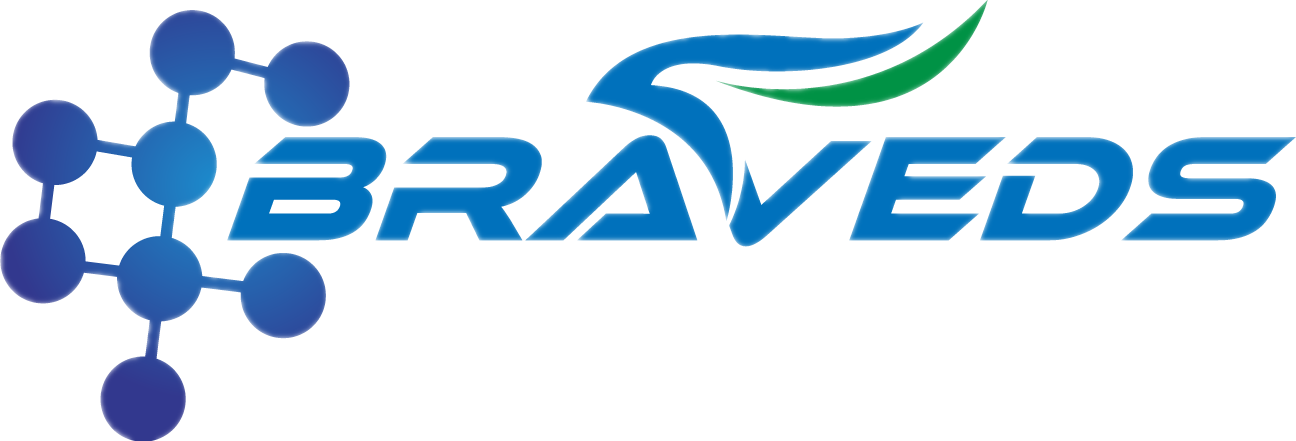Nonylphenol polyoxyethylene ether NP-40
Nonylphenoxypoly; Nonylphenaol ; Ethoxylated nonylphenol,
Molecular formula :C33H60010
Molecular weight :616.80
NP - 40 nonylphenol polyoxyethylene ether (Nonylphenoxypolyethylenethanol) is a kind of non-ionic surface active agent, composed of nonylphenol and epoxy ethane condensation, both hydrophilic, hydrophobic chain of nonylphenol) with hydrophilic (polyoxyethylene chain). Its unique chemical stability (acid, alkali, oxidizer resistance) and mild decontamination ability make it widely used in diagnostic reagents for cell membrane cracking, protein complex separation, and latex/colloidal particle stabilization, especially for sensitive systems that need to retain protein activity.
Action mechanism
Mild decontamination: Selective lysis of cell membranes (e.g., red blood cells, cultured cells), release of intracellular targets (e.g., antigens, enzymes), while maintaining membrane binding protein activity.
Stabilized colloidal particles: adsorbed to the surface of latex/colloidal gold by hydrophobic chains, forming a protective layer to prevent aggregation (e.g. signal stability in immunoturbidimetry).
Anti-interference: Inhibit non-specific adsorption of lipids or hydrophobic substances in the sample, and reduce background noise (such as matrix effects in ELISA).
Chemical inertness: Tolerant to a wide pH range (2-12) and high salt environment, suitable for a variety of reaction systems (such as lysate, wash buffer).
Solubilization and dispersion: dissolves hydrophobic targets (e.g., membrane proteins, liposomes) and improves reaction uniformity (e.g., Western Blot sample pretreatment).
Application scenario
Cell lysate: Add to lysate buffer (0.1-2%), gently release intracellular antigen/nucleic acid (e.g. ELISA, PCR sample preparation).
Immunoprecipitation/purification: acts as a stain remover (0.5-1%) to dissolve membrane protein complexes and maintain antibody-antigen binding activity.
Latex particle stabilizer: Pre-mixed in latex suspension (0.01%-0.1%) to prevent particle aggregation and enhance turbidity signal stability (e.g. CRP detection).
Solid phase carrier sealing solution: combined with BSA (0.05%-0.2%), sealing cellulose nitrate membrane or microporous plate, reducing non-specific binding.
Tissue section treatment: Used for dewaxing or permeable solution (0.1-0.5%) to enhance antibody permeability (e.g. immunohistochemical/fluorescent staining).
General use range: 0.01%-2.0% (gradient test required, low concentration preferred).
Matters needing attention
Biosafety: Nonylphenol compounds may have environmental hormone effects (such as endocrine disruptors) and are subject to local environmental regulations (the European Union has restricted some of their use).
Effect of protein activity: High concentrations (>1%) may disrupt the conformation of certain enzymes or antibodies, which need to be verified by pre-experiments.
| SKU | UNIT | PRICE (USD) | QTY |
|---|---|---|---|
| BLDNP40 | 100g | 43.3 | |
| BLDNP40 | 500g | 120 |




